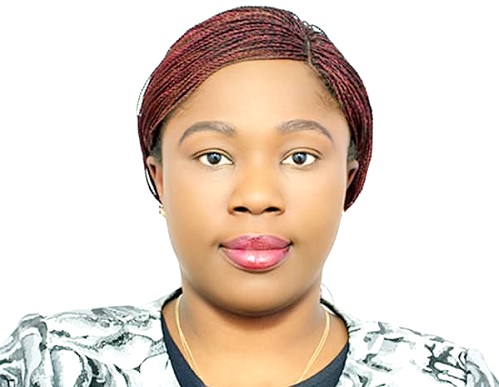
Lady pharmacists advocate tax exemptions on sanitary products
The Lady Pharmacists Association of Ghana (LAPAG) has called on the government to remove the 20 per cent import tax on sanitary products and exempt such products from the 12.5 per cent Value-Added Tax (VAT) as one of the means to end period poverty across the country, particularly in rural areas.
In a statement signed by the Project Manager, Okyere Harry Amoaning, the group defined period poverty as the lack of access to menstrual products, hygiene facilities, waste management, and education causing physical, mental, and emotional challenges to women globally.
Schoolgirls
It said in Ghana, it was well documented that many adolescent girls stayed out of school during their menses due to a lack of sanitary pads and basic sanitation facilities to meet their privacy requirements.
“According to a recent report by UNICEF, about 95 per cent of girls in rural communities in the country miss around 20 per cent of their school hours due to lack of access to sanitary pads,” it stressed.
The statement explained that many young girls and adolescents, who menstruated were forced to use inadequate materials to construct makeshift products or use period products for a prolonged time, which increased the chance of reproductive and urinary tract infections, among other harmful outcomes.
“Odours and leakages become a challenge and for schoolgirls, these negative experiences of menstruating can lead to low self-esteem, discomfort, distraction, absenteeism and even dropping out of school,” it added.
Call
In addition to the removal of taxes, the group called on the government to implement subsidies and price control mechanisms on period products to make them more accessible and affordable for many low-income menstruators in the interest of hygiene and health.
It also called for the creation of a system to allow free period products for anyone who needed them in the basic and second cycle schools, adding that the institutions must have a range of period products available for free in their washrooms, particularly in the rural communities.
Menstruation and boys
It also urged the government to provide education focusing on puberty and menstruation to boys and girls in the school to end the stigma against menstruation and ensure improved sanitation infrastructure such as handwashing facilities, disposal mechanisms and privacy.
The group was optimistic that addressing these issues and ensuring that menstrual hygiene products were considered essential could help improve the health and well-being of girls and women in the country and beyond.
The group also commended activists and political leaders, governments, NGOs, and donor agencies who continued to advocate that sanitary products be made more accessible, not only through tax reduction but also through other measures such as subsidies or free distribution.
